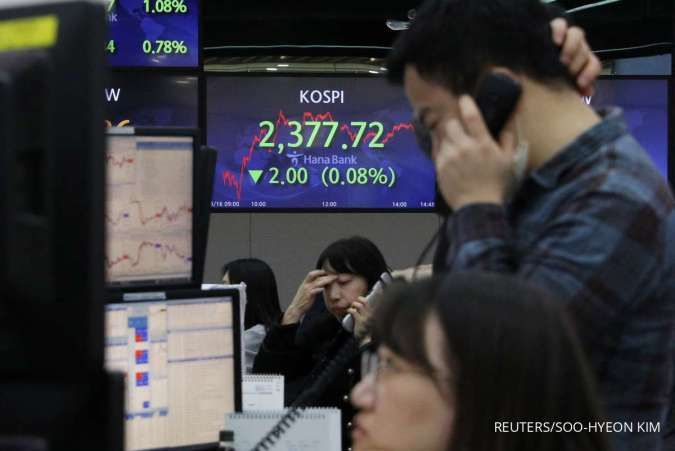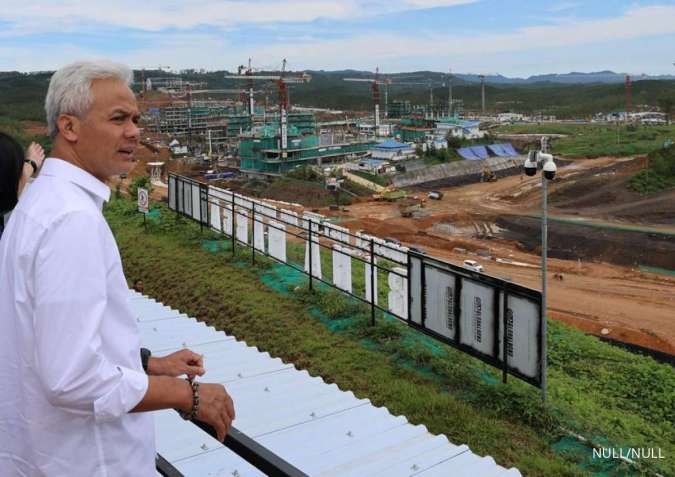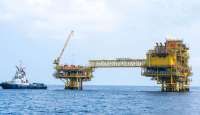FUEL POLICY - JAKARTA. The Ministry of Energy and Mineral Resources (ESDM) has assured that the national reserve of fuel oil (BBM) remains secure despite the ongoing conflict between Iran and Israel.
Tutuka Ariadji, the Director General of Oil and Gas, is confident that the current conflict between Iran and Israel will not disrupt the national oil (BBM) reserves, which currently stand at around 30 days. This is especially so given that PT Pertamina has contracted with several foreign BBM suppliers who are committed to maintaining their supply as per their contracts.
"We have contracts in place for the future. So unless something extremely drastic happens, I believe we are still okay and our national crude reserves plus what is in transit is 30 days. 10 days are in the refinery, plus another 15 days, totaling 30 days. If it's LPG BBM, I think it's safe. From there, God willing, we are safe," said Tutuka at the Ministry of ESDM on Tuesday (16/4).
Read Also: Oil Prices Rise 1% on Fears of Escalating Middle East Conflict
In addition to BBM and Crude supplies, Tutuka also stated that the conflict will not disrupt national oil and gas projects. "In my opinion, this war issue is at the political level," Tutuka added.
Although relatively safe in terms of reserves and supplies, Tutuka revealed that the government needs to be vigilant about the impact of the conflict on the world's oil supply through the Strait of Hormuz, which connects the Persian Gulf with the Gulf of Oman and the Arabian Sea, a vital shipping route for oil tankers carrying about 30% of the world's crude oil or about 21 million barrels of crude oil per day.
"The role of the Strait of Hormuz is very important. The Strait of Hormuz can be controlled and managed by Iran. So it is very decisive how Pertamina responds to this, including the fulfillment of supplies where Pertamina has already contracted," Tutuka explained.
Read Also: Indonesia Oil&Gas Authority Will Approve the Revision of the Masela Block Dev. Plan
The conflict between Iran and Israel is heating up global oil prices. However, the Ministry of Energy and Mineral Resources (ESDM) guarantees that fuel oil (BBM) prices will not rise at least until June 2024.
As is known, Iran is one of the largest oil-producing countries in the world with a production of about 3.9 million barrels per day (bpd). The country's oil exports are estimated to have reached 1.2 million bpd in 2023.
The conflict could cause global and Indonesian crude oil prices to skyrocket. If the price of Indonesian crude oil or the Indonesian Crude Price (ICP) increases from what is assumed, it will also affect the subsidy and compensation for BBM and 3kg LPG.
Usually, the choice is between the government increasing energy subsidies or raising BBM prices.
/2017/12/22/281547668p.jpg)















